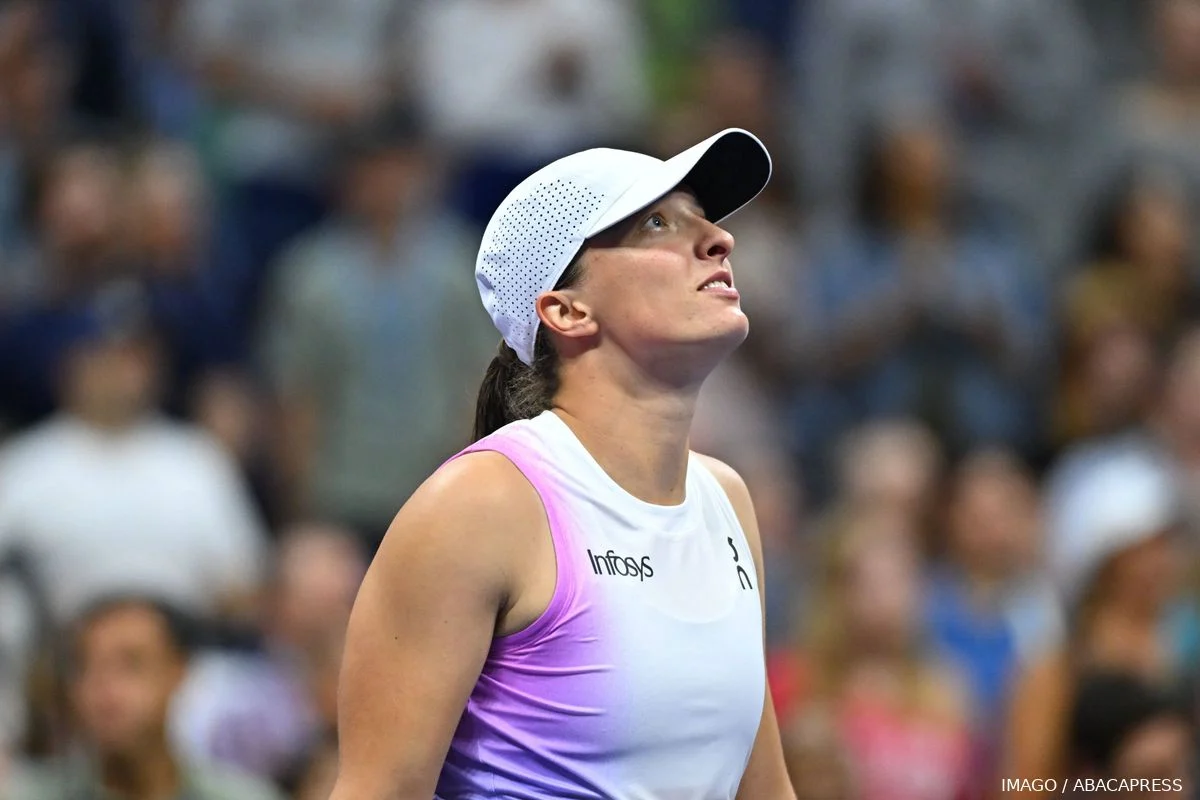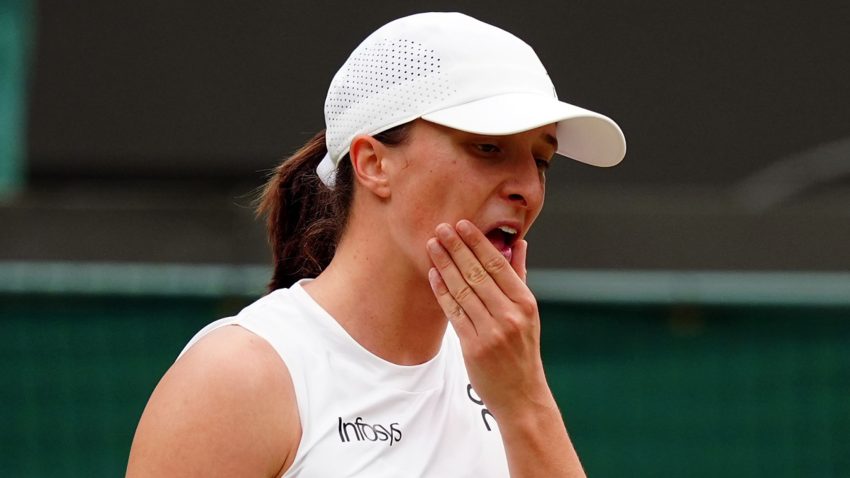Iga Swiatek, the World No. 2 and a beacon of sportsmanship in tennis, has addressed one of the most controversial aspects of the sport: doping bans. In a candid discussion, Swiatek reflected on the emotional and ethical dilemmas that such incidents bring to the game. While she did not personally face such a ban, her words carried weight as she expressed the collective disappointment felt by the tennis community whenever doping cases arise.

The Context: Doping in Tennis
Doping scandals have plagued tennis intermittently, tarnishing the reputations of several high-profile players. These incidents create a ripple effect, not just for those directly involved but for the sport’s image as a whole. Swiatek acknowledged the complexity of these situations, calling them “horrors” for the players and fans. Her remarks come in the wake of increased scrutiny over anti-doping measures and their implications for fairness in sports.
“Hard to Compare” – Swiatek’s Perspective
Swiatek stressed that every doping case is unique, making it “hard to compare” one to another. Some players have unintentionally violated anti-doping regulations due to lack of awareness or miscommunication regarding banned substances. However, Swiatek emphasized the responsibility of athletes to stay informed about the substances they use, given their role as professionals in a globally-followed sport.
The Fallout: Trust and Legacy
For Swiatek, the emotional toll of doping cases extends beyond the immediate fallout. She referred to the “huge disappointment” felt by fans and fellow players when a colleague is embroiled in a scandal. This sentiment underscores how doping not only affects individual careers but also erodes trust in the competitive integrity of tennis.
The Polish star’s comments suggest a nuanced understanding of the issue, balancing empathy for players caught in difficult situations with an unwavering commitment to clean sportsmanship.
Tennis in a Post-Doping Scandal Era
Swiatek’s reflections highlight the need for enhanced education and transparency in the sport. Anti-doping agencies and tennis organizations have made strides in ensuring that players are better equipped to navigate this landscape. However, Swiatek believes that a cultural shift, emphasizing ethical responsibility, is equally vital.
Leadership On and Off the Court
As one of tennis’s most prominent figures, Swiatek’s stance on doping underscores her role as a leader in the sport. Her ability to address challenging topics with grace and insight cements her reputation as a player committed not only to excellence but also to the values that make tennis a respected global sport.
Swiatek’s reflections serve as a call to action for the tennis community to uphold integrity, even as the sport continues to grow in popularity and complexity. Her candidness offers hope for a future where such “horrors” and “huge disappointments” are minimized, and the focus remains on fair competition.

